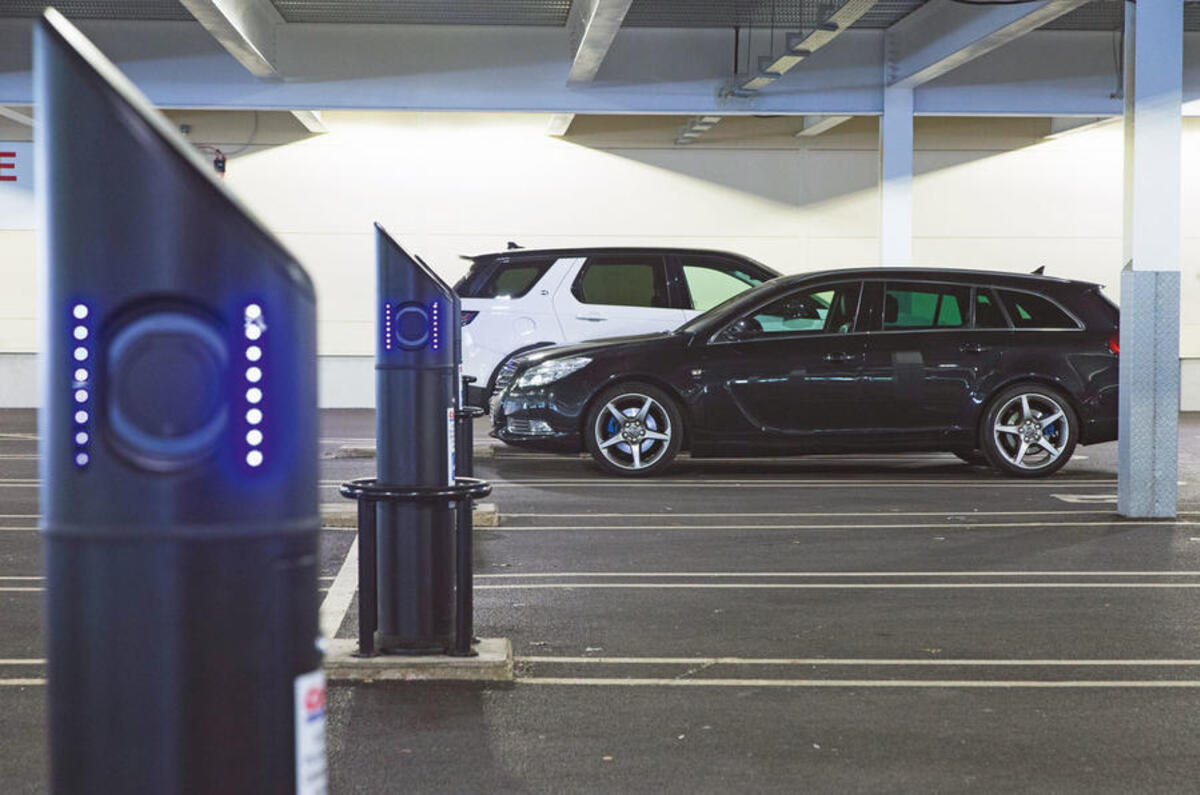Mitsubishi UK's boss has called the government's decision to abolish the plug-in car grant, in place since 2011, for all vehicles other than pure-electric cars or those that can offer more than 70 miles of zero-emission range "hugely disappointing".
Currently, buyers of electric cars or those that can travel 70 miles on electric power (called Category 1) receive a £4500 subsidy towards the cost of the vehicle. For Category 2 and 3 cars, typically plug-in hybrids, it is £2500.
Under the revised system, which will begin on 9 November, owners of plug-in hybrids will no longer receive any support and the Category 1 subsidy will be reduced to £3500. The government said the decrease reflected “the recent reductions in the price of electric vehicles”.
It said it would support the next 35,000 electric cars sold, but did not elaborate on longer-term plans to encourage ultra-low-emission vehicles.
In its announcement, the government said it “has helped the plug-in hybrid market become more established, and will now focus its support on zero-emission models like pure electric and hydrogen fuel cell cars”.
It claimed it has helped support the purchase of more than 160,000 cars since 2011.
The statement added: “With plug-in hybrid models like the Mitsubishi Outlander becoming popular among consumers, the government is focusing its attention to zero-emission models such as the Nissan Leaf and BMW i3.”
The reaction
The Outlander PHEV has consistently been one of the best-selling plug-in hybrids, and Mitsubishi has expressed "surprise and disappointment" at the government decision. In a statement, the firm said it was currently "the ideal time" to offer increased plug-in incentives, because "such technology forms the perfect segue between conventional petrol and diesel powered and full electric vehicles, particularly as the charging network is nowhere near evolved enough to support widespread full EV use."
The firm noted that under the new WLTP test regulations, only hybrids offering "real-world efficiency and a usable EV range" would qualify for the grant.
Mitsubishi Motors UK boss Rob Lindley said: “The decision to suddenly end grant support for some of the greenest vehicles on the road is extremely disappointing, but as segment leader for the past four years, we are confident despite the setback that people will still see the benefits of having a 220hp all-wheel-drive SUV that is also so efficient it attracts low VED, low benefit-in-kind rates for business users and offers huge real-world fuel cost savings compared to conventional petrol- and diesel-powered SUVs.”





Join the debate
Add your comment
Subsidies? What subsidies?
As far as Iknow, not a penny from governments over the years has helped me buy ICE cars. Why should there be subsidies now for 'new technologies'?
Not an engineer but it strikes me that hybrids are the CD version of cars: digital encoding on an old format platform! We all know now what happened to CDs...
When even electric bikes have lost their subsidies in some European countries: the writing is on the wall! Governments have 'encouraged' drivers down the green route for purely vote-garnering purposes and now the need for cash is rearing its head; ergo, stop subsidies and start taxing alternative sources of power (electricity, E85 when/if it arrives) to make up for the loss of revenue. Trinkets like not paying the congestion charge only apply to such a minority that they are almost negligible in the overall scheme.
What seems to be relevant to many people are mundane things like charging, range, depreciation (every improvement in battery capacity knocks a big chunk of resale value!): until these boring questions are answered satisfactorily, it feels very unfair to subsidise willing 'Guinea-pigs' who live largely in the London bubble and similar cities.
Lastly, most car-makers make more money from servicing and spare parts than they make from initial sales: when all these 'cheap-to-service' vehicles are on the roads, where will the profits come from? Will Dealerships close and jobs go?
Substantiated answers would be very welcome; I believe that I put enough caveats in this post to 'weed out' the usual sweeping statements: over to learned folks!
Quite right it should be
Quite right it should be abolished. Why should tax payers subsidise car buyers of any type?
I'm disappointed with
I'm disappointed with Mitsubishi's styling.
Must agree
I think think the current
I think think the current generation car started out quite nicely styled but has been made progressively worse with each facelift and tweak.
We looked at a wide range of similar cars recently (Q3, X3, Evoque etc) but ended up with the Outlander PHEV mostly because of the smoothness and refinement. Everything else seemed very tractor-like in comparison.
The fact that it uses less than half the petrol of the Toyata IQ it replaced and our electricity bill has barely been dented also helps. I also like the mechanical simplicty of the layout.